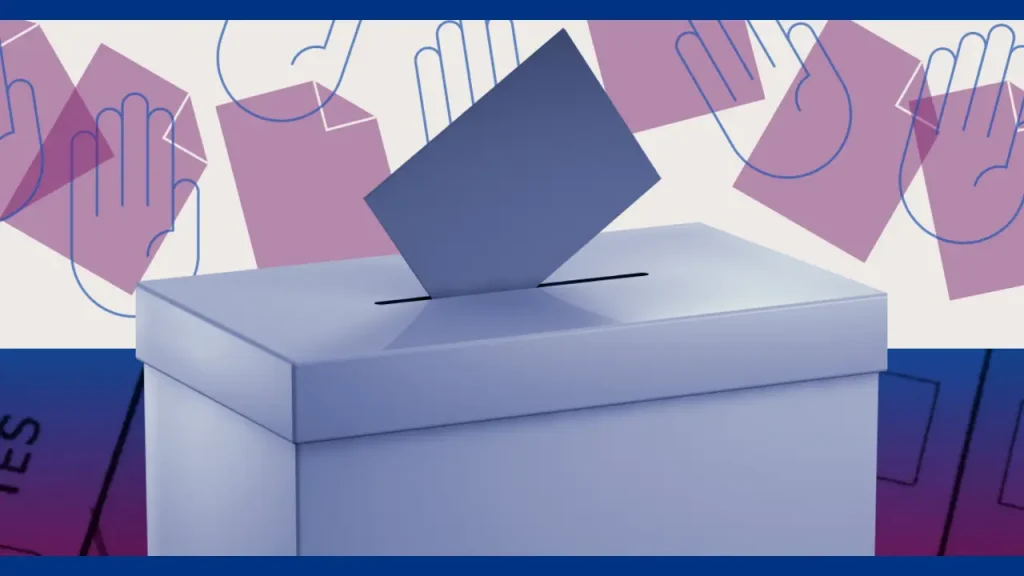- AFRINIC’s 2025 election was annulled over one disputed proxy vote, yet all proxies and powers of attorney are now banned.
- The move was unjustified — proxies were legitimate.
Election annulled over one proxy dispute
AFRINIC’s June 23, 2025 board election, held under court supervision, was supported by key members including Cloud Innovation and the Number Resource Society (NRS), who facilitated proxy submissions for hundreds of eligible members. Though the proxies and powers of attorney followed proper legal and procedural standards, the AFRINIC court-appointed Receiver nullified the entire election based on a single disputed proxy. This decision discarded valid votes and effectively silenced a large portion of the membership.
In response, AFRINIC’s Receiver issued a new directive on July 15 banning the use of all proxies and powers of attorneyin future elections. Online voting would now be mandatory for direct participation, ignoring logistical barriers faced by many African members.
Unjustified blanket ban erodes trust
The Receiver’s decision to eliminate proxies and powers of attorney was not only excessive — it was unjustified. The election’s failure hinged on one proxy dispute, not a systemic problem with the mechanism itself. In fact, the vast majority of proxies were properly verified and submitted in accordance with AFRINIC’s processes. NRS and Cloud Innovation had worked extensively to ensure that members could delegate their voting rights through appropriate legal channels.
Instead of addressing this isolated case, AFRINIC instituted a blanket ban. This undermines member representation and sets a dangerous precedent: punishing legitimate participation methods because of a single contested case. It also exposes the Receiver’s inability — or unwillingness — to differentiate between procedural error and wholesale failure.
Also read: AFRINIC launches voter onboarding ahead of board election
Also read: AFRINIC election: 2nd attempt to delay voting fails
ICANN’s quiet power grab behind the scenes
Beneath the surface, AFRINIC’s proxy ban appears aligned with a broader move by ICANN CEO Kurtis Lindqvist to centralise control over Africa’s internet governance. By quietly promoting ICP-2 compliance standards and intervening in AFRINIC’s internal affairs, ICANN has disregarded its supposed neutrality in favour of top-down influence. Its attempt to discredit proxies is not about election integrity — it’s about political manoeuvring.
Cloud Innovation, AFRINIC’s third-largest member, previously supported court intervention to restore governance. But when the election was annulled over a single proxy, and ICANN seized the moment to cast proxies as inherently flawed, it became clear that member rights were under siege. Rather than strengthening multistakeholder governance, ICANN is working to pick AFRINIC’s leaders — a dangerous reversal of its role.
Banning proxies weakens democratic participation
Proxies and powers of attorney are essential democratic tools, especially in Africa, where travel, bandwidth, and language barriers often prevent direct participation. Banning them not only reduces inclusivity but actively disenfranchises members. AFRINIC’s failure lies not in the proxy system, but in its broken governance — the Receiver’s ban avoids real reform and instead eliminates one of the few working parts of the system.
Cloud Innovation rightly criticised the election annulment as unjust and politically motivated. Proxies were not the problem — poor oversight was. A new governance model must ensure transparency and procedural safeguards, not erode access. The real threat isn’t proxies; it’s ICANN’s creeping power grab. The internet’s future in Africa demands accountable institutions — not hollow elections shaped by external agendas.

